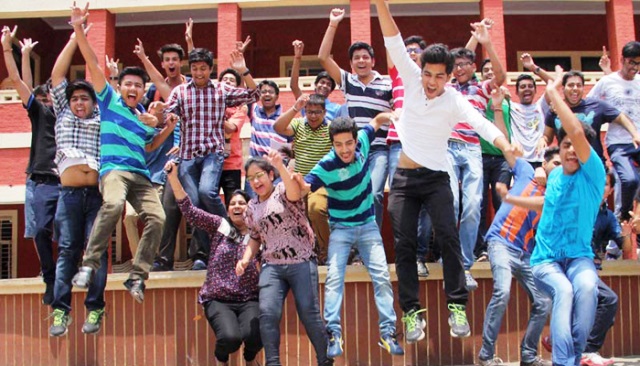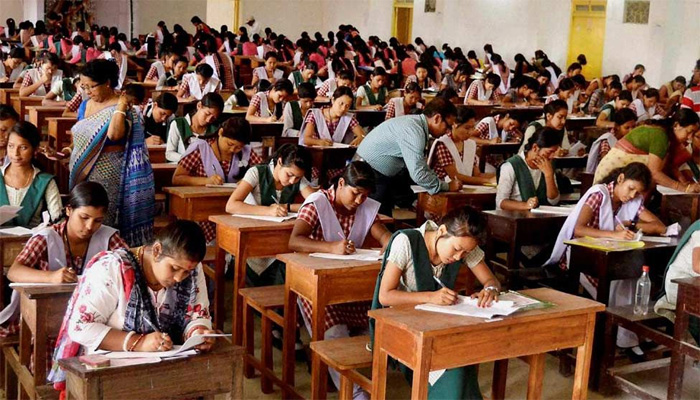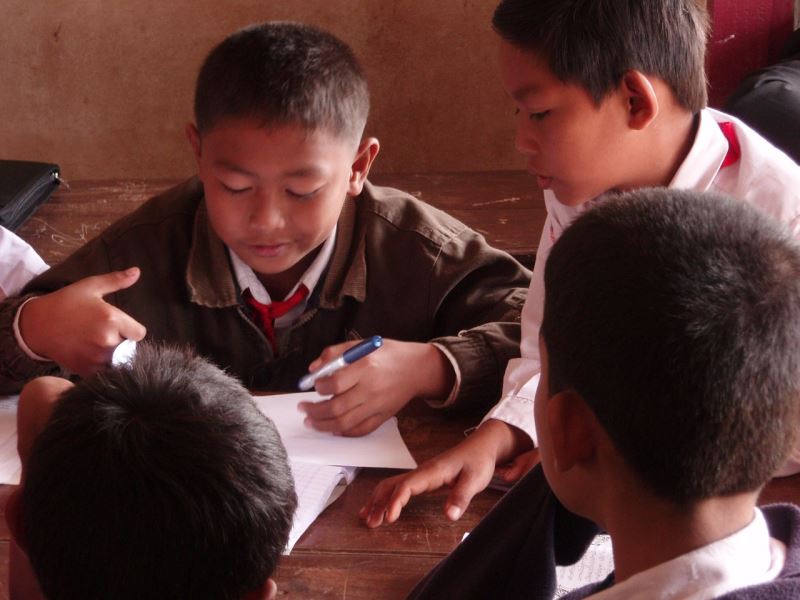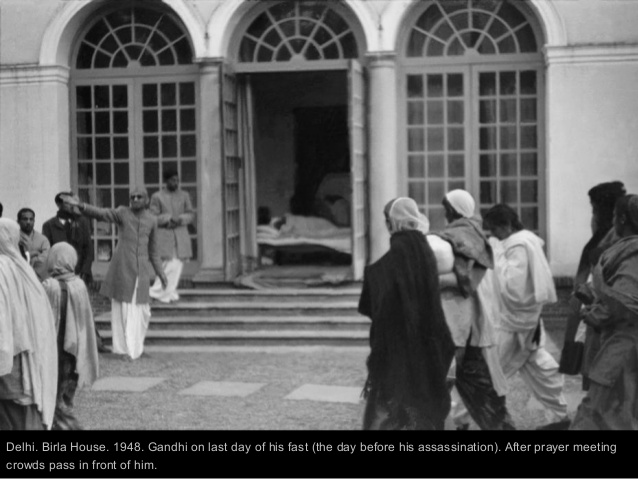Rethinking Education in the light of the Board Examinations
We are aware of the many tructural constraints of the Indian education system among these what has captured the nation’s imagination recently is the pathos of a centralised assessment mechanism ( Central Board of Secondary Education) and its resultant impact on lakhs of students who wait in anticipation for their destinies to be decided by it.
Each year the examination centric education system celebrates the victory of the few who score above the rest and look forward to lucrative careers in the future and feels much embarrassed at a large section of children who have either failed or have scored insufficiently and thus are condemned for a bleak future with little or no possibilities.
It is indeed a paradox that the entire future of the child is decided by a mere performance in an examination and if by chance the child is unable to perform according to the set standards he will be denied another chance, in this way we are not only leaving unexplored the question of multiple forms of intelligence and creativity but are also endowing the examination system with more capability than it actually holds. As a result of this structural constraint we end up valorising only certain forms of intelligence and talent thinking of them as worthy and leave unexplored, uncelebrated tremendously rich aspects of the human mind which the examination centric approach may be unfit to reveal.
![]() There is an urgent need in our times to critically examine assessment mechanisms and to deeply investigate into the meaning and purpose of the education system. We need to also address the issue of failure in a way that not only individualises distinct failures and blames them alone for their tragic plight but has the guts to delve deeper and find out how society as a collective shares the blame of the failed system.
There is an urgent need in our times to critically examine assessment mechanisms and to deeply investigate into the meaning and purpose of the education system. We need to also address the issue of failure in a way that not only individualises distinct failures and blames them alone for their tragic plight but has the guts to delve deeper and find out how society as a collective shares the blame of the failed system.
These points out to several serious issues such as infrastructural backwardness, an insufficient number of quality pedagogues, inaccessibility of teaching-learning tools, lack of parental—community support, lack of awareness and motivation etc. And all these are collectively responsible for such a critical condition. Recently, all schools across the country witnessed the declaration of the CBSE results of class 10th and 12th. A large number of students who appeared in the examinations this year from Bihar have failed.
It is estimated that about sixty five per cent students are among those who have failed in this examination. Moreover the student who has been declared the Board topper has been suspected of fraud and cheating. It is shameful that this has now become an annual ritual. Last year three toppers were held for the same reason. After this much embarrassing unfolding of events the existent government of Bihar came up with the order of the suspension of hundreds of school teachers and officials across the state who were seen as directly responsible for the state of affairs. This is what the government’s final decision will end up doing and it will also lead to the strengthening of the commonsensical belief that these actions will bring about change in the state’s educational crisis. This reactionary/instinctual action by the state reflects its superficial engagement with the ground reality and its ability to understand the deeply entrenched roots of the problem. True, the immediate suspension of teachers and officials will generate public support because on the surface it appears that they alone must be held responsible for the poor state of affairs in the educational scenario of the state but anybody willing to explore the deeper structural issues of the system will not find it difficult to see how this is only the tip of the iceberg and a lot lies hidden beneath. These decisions alone taken by the government will not be enough to bring about a radical transformation towards the betterment of the education system rather what is required is a more serious inquiry into the nature of education itself, its priorities and purposes and above all it becomes important to ask why after all both pedagogues and learners are so disillusioned by their work and seldom feel inspired in what they do.
If we continue to discard these questions then we shall continue being entrapped in the vicious cycle of success, failure, government inaction and public dismay. It is time that we stopped the blame game and came forward with an agenda to rethink, recreate and rebuild the foundations of an education system that is based on human potential, creative agency and inner fulfilment rather than unilinear intelligence and cut throat competition. It is education itself that holds the key to all the problems of existence and that is why to deny it its true potential is to deny the human world its right to happiness and well-being.
– Vikash Sharma












